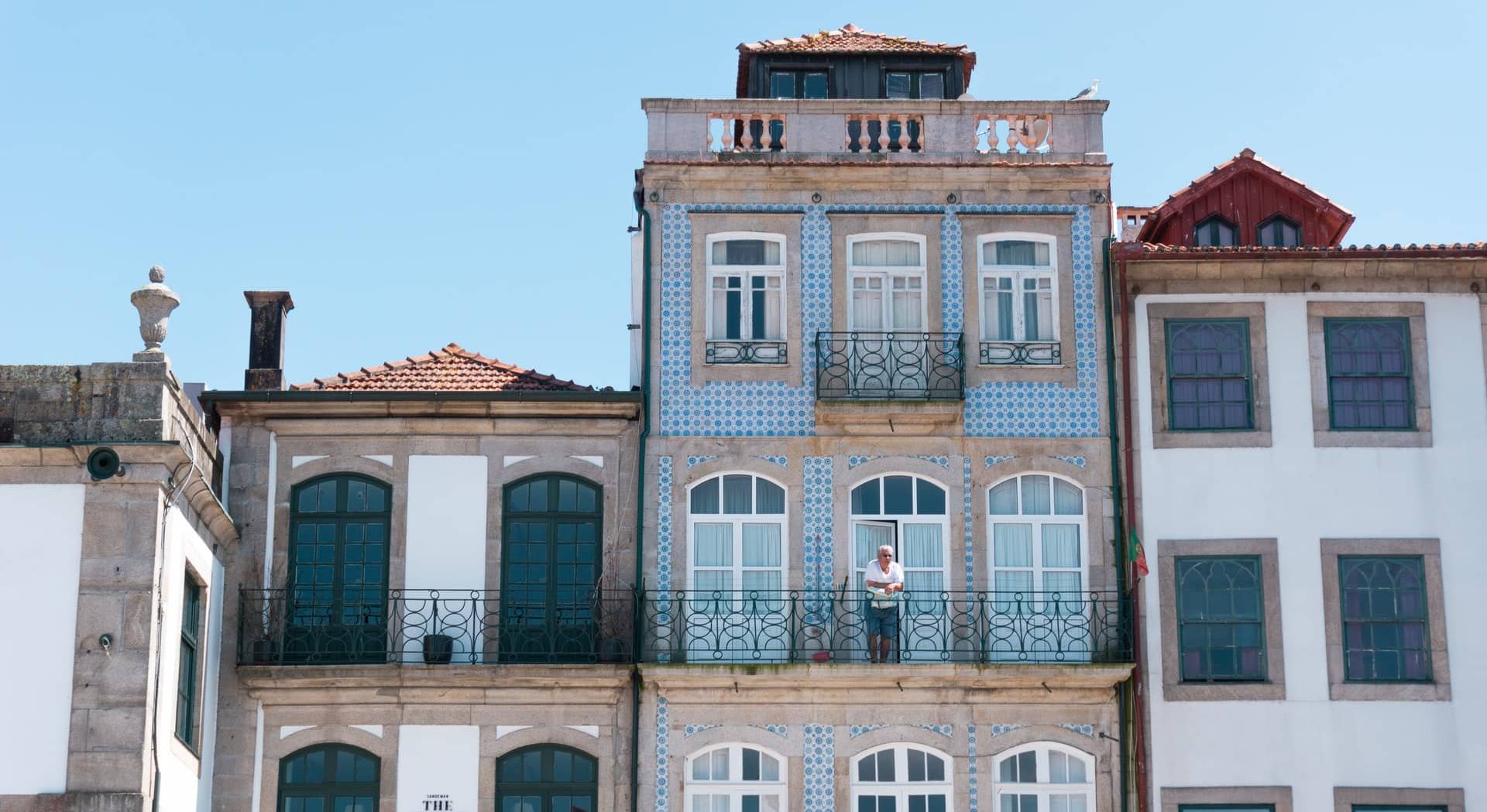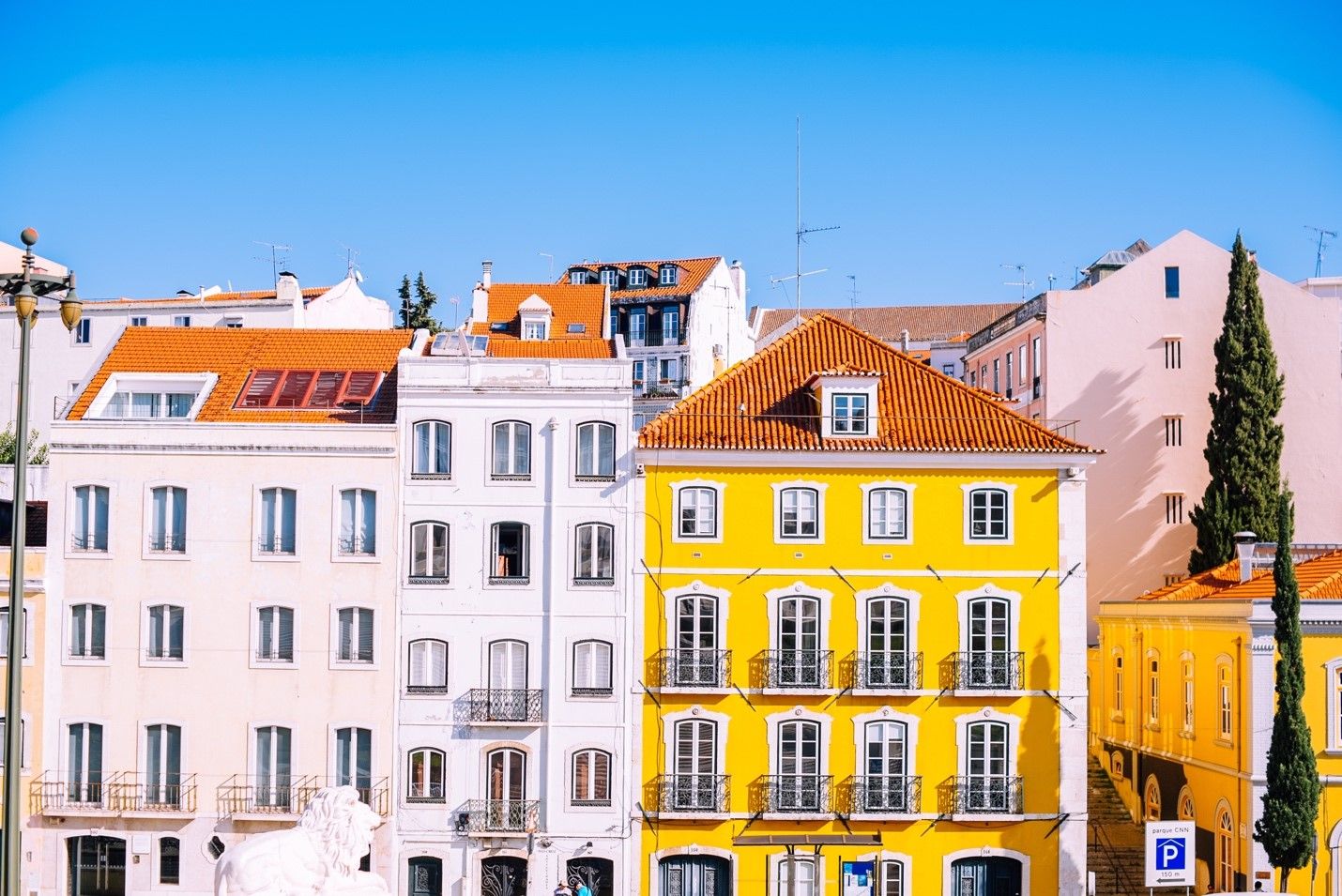Portugal is renowned worldwide as one of the best places to visit, live, study, work, and invest. Portugal is a well-liked destination for anyone who is relocating due to its pleasant environment, delectable cuisine, and top-notch services. The immigration laws in Portugal are comparable to those in several other EU members. Portugal is a member of the Schengen Area, and EU citizens are free to travel there. Non-EU citizens may move to Portugal if they meet certain requirements to work, study, reunite with family, or retire. Golden Visa program is one of the most popular both in Europe and the world, aiming to attract foreigners with money to invest in the nation.

Portugal immigration
![VISA (non-EU) - Landing Pad]
How to Get a Visa in Portugal
Like many other EU nations, Portugal has a two-tiered immigration and visa system. Whether you are an EU/EFTA citizen or a Non-EU citizen affects the rules.
EU/EFTA Citizens
You can enter Portugal without a visa if you are a citizen of the EU or EFTA. Portugal allows for a three-month stay. In 180 days, you are allowed to spend 90 days in Portugal on travel, family visits, business, etc. EU citizens have the same rights as Portuguese employees once they are employed. After five years, you can also apply for permanent residency.
Non-EU Citizens
A visa is required for stays of less than three months in Portugal if you are a citizen of a country outside the EU or EFTA. Foreign citizens outside the EU/EFTA who desire to stay for more than three months must first apply for a long-term national visa before traveling to Portugal and then for a Portuguese residence permit once they have arrived. Non-EU citizens can apply for several types of visas to come to Portugal.
Types of Portuguese Visas
Portuguese visas come in three basic categories: short-term, long-term, and national visas for temporary stays.
Short Stay Visa
A Short Stay visa, also called a Schengen visa, is required for visits up to 90 days. This visa enables holders to travel throughout the Schengen region and is issued for travel related to tourism, family visits, airport transit, and other brief travel purposes. EU/EFTA nationals and citizens of the 61 nations with visa-free travel agreements do not require this visa to visit Portugal for stays of up to 90 days. Portugal offers various Schengen visas: the general short-stay visa, the seasonal work visa, and the airport transit visa. Typically, a Schengen visa costs €80, but young children aged 6 to 12 only pay €40.
Temporary Stay Visa
You must apply for a Temporary Stay visa that permits you to stay in Portugal for up to a year if you intend to stay there for longer than 90 days. Throughout that year, you are free to enter the nation whenever you wish. This visa is not required for EU/EFTA nationals or their family members. However, if you intend to stay in Portugal for more than 90 days, you still need a Temporary Stay visa. There are several different sorts of temporary stay visas, including those for short-term employment, study, professional training or internships, medical treatment, youth mobility, self-support, and religious purposes.
Long Stay Visa
Long-term stays are permitted with a Long Stay National visa, often a Residency visa. Even if their country has a visa-free travel pact, non-EU/EFTA nationals must apply for this visa to stay in Portugal for more than a year. You must apply for a Portuguese Immigration and Borders Service resident permit to apply for this visa (SEF). You must prove that you can sustain yourself financially during your stay.
Long-stay national visas come in various forms, such as work, study, professional training or internship, family reunion, Portugal Golden, Portugal D7, and D2 Entrepreneur visas. It costs €90 to obtain a long-stay national visa. Below is further information on the several categories of Portuguese long-term residence visas.
Work Visa
This applies to any long-term or permanent job placement lasting more than a year. The additional paperwork you must present with Portugal visa requirements includes the following:
- Work agreement or service contract
- If the visa is to conduct academic or scientific research, a research institution's letter outlining the activity's nature is required.
- For regulated professions, adherence to national legislative requirements.
- A document issued by a sports federation or association is required if the visa is for amateur sports.
Study Visa
This is provided at all academic levels, beginning with secondary school, for study periods longer than a year. An official letter from an accredited institution is acceptable as proof of acceptance onto a course or into the school. You might also be required to provide evidence that you meet the admissions requirements for higher-level academic courses.
Family Reunion Visa
Family members of non-EU/EFTA residents in Portugal must apply for a family reunion visa. These relatives are eligible for this visa:
- Partners and spouses
- Dependent children, including adopted kids and spouse/kids partner's
- Dependent parents, including the spouse's parents
- Dependent children siblings
- The additional paperwork you must present includes the following:
- Portuguese Immigration Service notification of authorized family reunion (SEF)
- Evidence of family ties, such as a marriage license or birth certificate.
Golden Visa
This unique Portuguese visa scheme aims to draw in foreign investment into Portugal. Suppose international investors from non-EU nations purchase Portuguese real estate or make investments up to a particular amount (Investment of at least €250,000). In that case, the Portuguese golden visa program expedites the procedure. Non-EU citizens will be granted a Portuguese residency permit under this plan, and after fulfilling the requirements, they can apply for full Portuguese citizenship.
Portugal Visa Requirements
For all applications for Portuguese resident visas, you must submit the following (together with the filled-out application form):
- Passport or valid ID
- The visa application form
- Evidence of Payment of Portugal Visa fee
- Proof of Accommodation in Portugal
- Two passport photographs
- Proof of medical insurance
- Access to criminal records by the Portugal immigration authorities
- Proof of accommodation
- Evidence of your ability to sustain yourself financially throughout your stay.
How to apply for a Portuguese Visa?
- Download the Portugal Visa Application Form, then fill it out. You can locate and download the Application Form on the Portuguese Ministry of Foreign Affairs website.
- Assemble the required documents for a Portuguese visa.
- Submit the documents to the Portuguese Embassy, Consulate, or Visa Application Center, depending on where you live.
- Make the Portugal Visa fee payment.
- Await the processing of the visa. Although it could take longer, depending on your circumstances, this typically takes about 15 days.
- Get a visa. You'll find out if your application was successful based on where and how you applied, and then you'll need to pick up your passport so the visa can be added.
- You can travel to Portugal once you get the visa.


